With the launch of the European Safari Company, travellers of all ages can immerse themselves in Europe’s magnificent wild nature like never before.
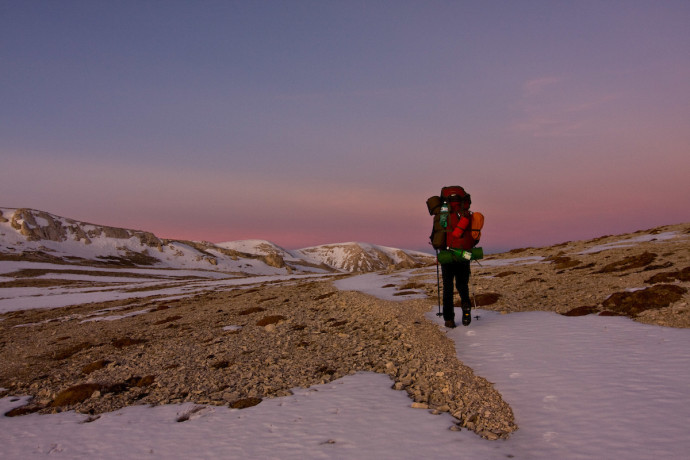
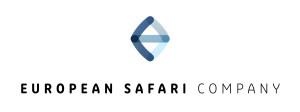 When we hear the word “safari’, what images spring to mind? Perhaps a long line of migrating wildebeest, maybe a luxurious tented camp in the Masai Mara, or even a bush breakfast in full view of a snow-capped Kilimanjaro. These iconic snapshots clearly define the great African holidaymaking experience. But what if Europeans could enjoy similarly memorable experiences without having to cross the Mediterranean?
When we hear the word “safari’, what images spring to mind? Perhaps a long line of migrating wildebeest, maybe a luxurious tented camp in the Masai Mara, or even a bush breakfast in full view of a snow-capped Kilimanjaro. These iconic snapshots clearly define the great African holidaymaking experience. But what if Europeans could enjoy similarly memorable experiences without having to cross the Mediterranean?
What if people from Asia and North America looked on Europe not only as a place to see Michelangelo’s David, the Colosseum or Buckingham Palace, but as somewhere to enjoy thrilling encounters with species such as the brown bear, European bison, white-tailed eagle and Eurasian wolf? The truth is, Europe is wilder than most of us imagine.
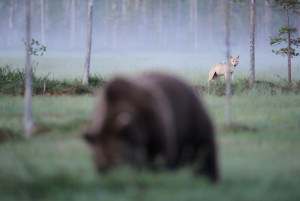
As many European species – such as the wolf, beaver and bear – make a comeback, there are not only abundant opportunities for man to reconnect emotionally with wild nature, but also to benefit from the development of new nature-based economies that encourage local people to cherish and protect the wild nature and wildlife around them.
This is where the recently launched European Safari Company, headed up by Simon Collier, an experienced wildlife guide and specialist in nurturing nature-based entrepreneurship, comes in.
“Many parts of Europe really do have spectacular wildlife,” says the South African. “Until now, the problem for travellers and holidaymakers has been accessing and enjoying it. At the European Safari Company, we’re working with our dedicated partners to make sure clients enjoy wildlife and culture-based experiences that are unique, engaging and hassle-free.”
Win-win partnerships
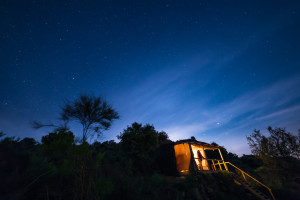
The European Safari Company’s mission is not only about giving travellers great holidays. It’s also about raising awareness of wild nature in Europe, and supporting the further comeback of wildlife by enhancing the relationship between wilder nature, wildlife and people.
“At its heart, the European Safari Company is based on partnerships,” says Collier. “We take time to visit and get to know all the independent entrepreneurs and business owners that are involved with our company. These are people that are proud of their local nature, and who are inspiring others to follow a similar nature-based business path.”
By placing a financial value on wild nature, growing numbers of people across Europe are becoming incentivised to live alongside it, and to become more tolerant when conflicts inevitably arise. Yet while such nature is a cornerstone of the European Safari Company business model, the emphasis is always on sustainability. “The overriding priority is to use natural resources in the right way,” says Collier. “We ensure this through tools such as impact assessments and codes of conduct, both for ourselves and clients.”
Business building
First conceived in 2013, the European Safari Company was born from a need to showcase the beauty of these destinations, and which would allow people across the world to easily experience them.
Incubated by Rewilding Europe, the company will eventually become a separate business entity. With a website launch in late 2016, the European Safari Company team are now working hard to gain market traction. They are also building up an impressive portfolio of adventures in places where nature is still thriving or bouncing back due to rural depopulation, legal protection and rewilding efforts.
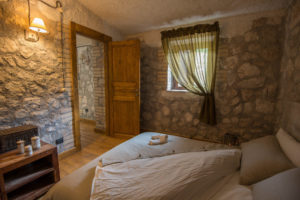
“From wolf watching in the Central Apennines to bison tracking in Romania’s Tarcu Mountains, the experiences and activities we offer already cover a diverse range of iconic destinations,” says Collier. “Visitors to our website will soon be able to choose from ready-made packages or design their own trips.”
Based on a range of accommodation types, the European Safari Company’s offerings are hugely immersive experiences, affording travellers the opportunity to sample colourful culture and the finest traditional cuisine.
“From fantastic wine in Western Iberia to Sami songs in Swedish Lapland, going local gives our clients an introduction into ways of life that are as diverse as European nature itself,” says Collier.
The European Safari Company is not limiting itself to offering experiences in Rewilding Europe’s operational areas, but plans to add further packages in places such as Sweden, Finland and Scotland. But the underlying philosophy will remain the same – bringing wild experiences to nature enthusiasts and supporting local, nature-based economies. “There’s a long way to go, but I’d like us to become the leading nature-based experience provider in Europe,” he says. “One day, when you tell people that you’re going on safari, I want them to ask you on which continent.”
The “Making space” story was first published in the Rewilding Europe Annual Review 2016.
